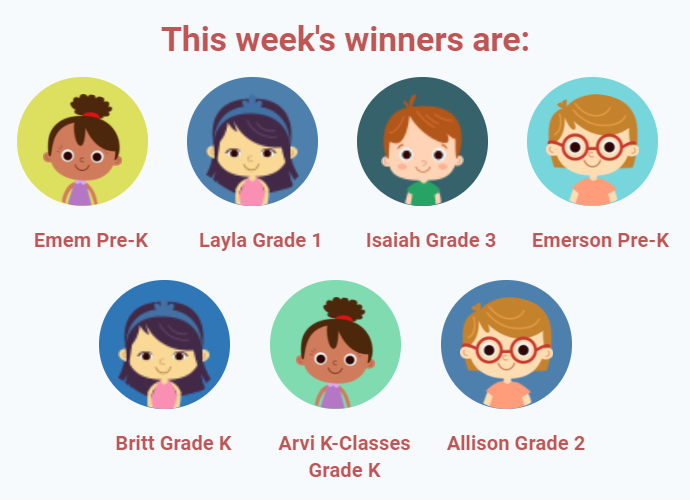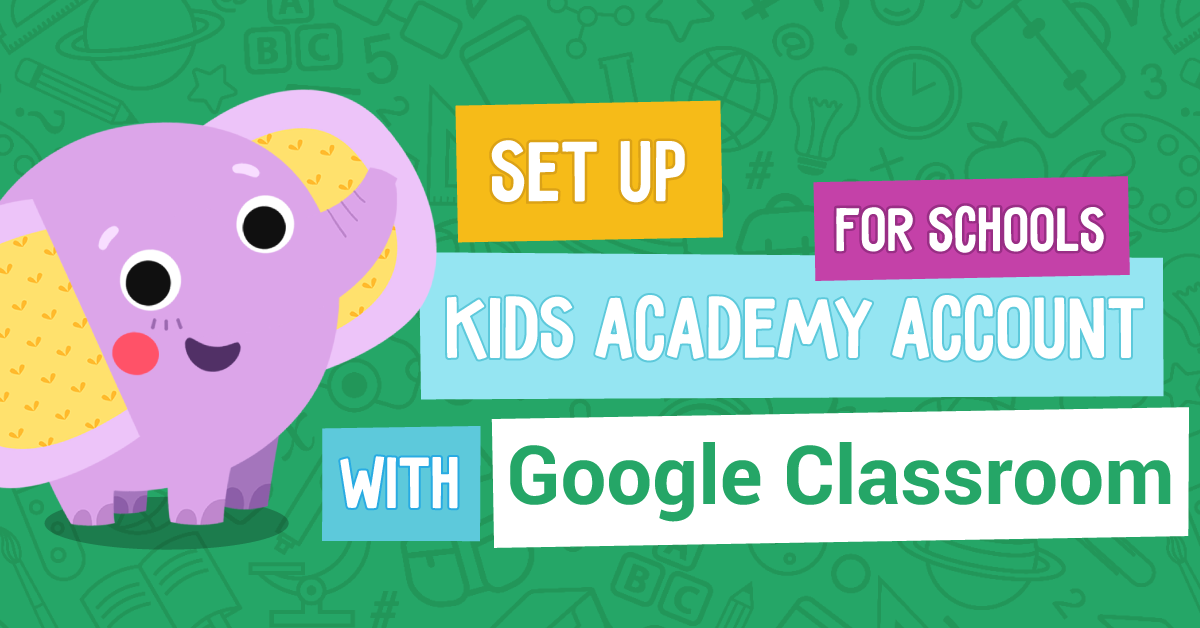Normal Science Worksheets Activities With Answers for Ages 3-6
6 filtered results
-
From - To
Discover an engaging collection of Normal Science Worksheets for children aged 3-6, designed to spark curiosity and inspire learning through fun activities. Our worksheets cover fundamental science concepts such as basic biology, physics, and the natural world, promoting hands-on exploration. Each activity is crafted with age-appropriate questions and bright, colorful visuals to keep young learners engaged. Complete with answer keys, these resources make it easy for teachers and parents to facilitate understanding. Perfect for classroom use, homeschooling, or summer learning, our worksheets offer a delightful way to instill a love for science in your little ones while encouraging critical thinking skills.


Force and Interactions: Assessment 1 Worksheet


Space: Assessment 1 Worksheet


Light and Sound: Assessment 2 Worksheet


Animals and Plants: Assessment 2 Worksheet


Space: Assessment 2 Worksheet


Animals and Plants: Assessment 1 Worksheet
Normal Science Activities for ages 3-6 are crucial for early childhood development as they lay a strong foundation for understanding the world. Engaging in these activities promotes curiosity, creativity, and critical thinking, essential skills for lifelong learning. At this stage, children are naturally inquisitive, and structured science activities harness that curiosity in a meaningful way.
Parents and teachers should care about these activities because they encourage hands-on learning, which is vital for this age group. Children learn best through exploration and play; normal science activities provide opportunities for tactile interaction with materials, fostering engagement and retention of knowledge. These activities introduce fundamental scientific concepts—such as observation, classification, and prediction—in a fun and accessible manner.
Moreover, integrating science into daily activities models an attitude of inquiry for children, promoting a love of learning and exploration. Such early exposure helps demystify science, making it a natural part of their everyday life, rather than a subject encountered only in school.
Ultimately, investing time in these activities can inspire future generations of scientists, engineers, and thought leaders, and contribute to a well-rounded education that emphasizes intellectual curiosity and problem-solving abilities.
 Assign to My Students
Assign to My Students




















